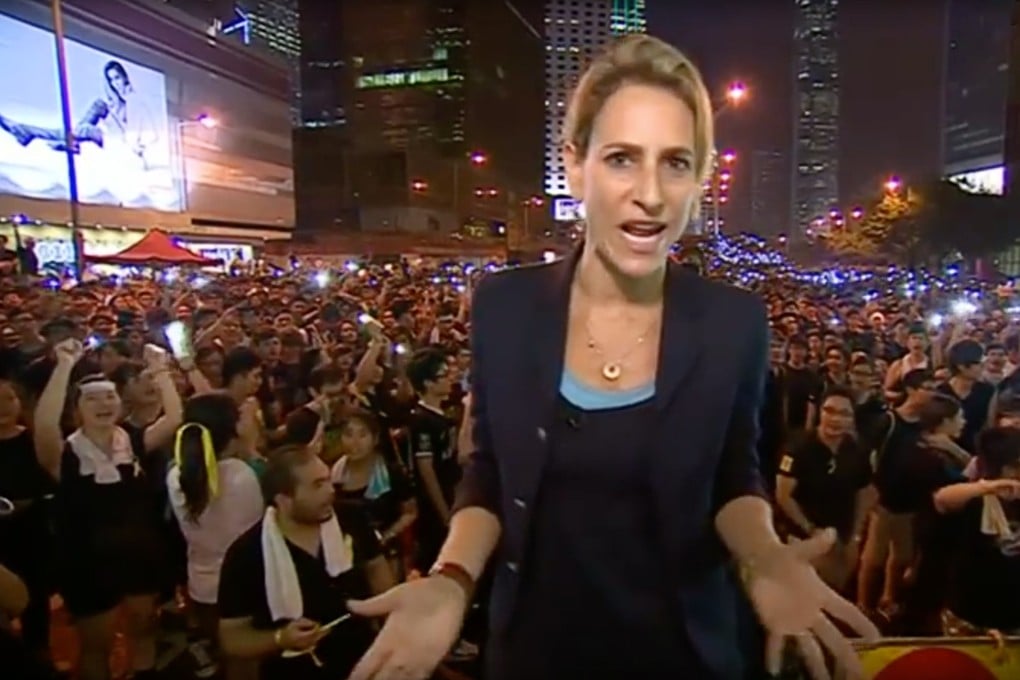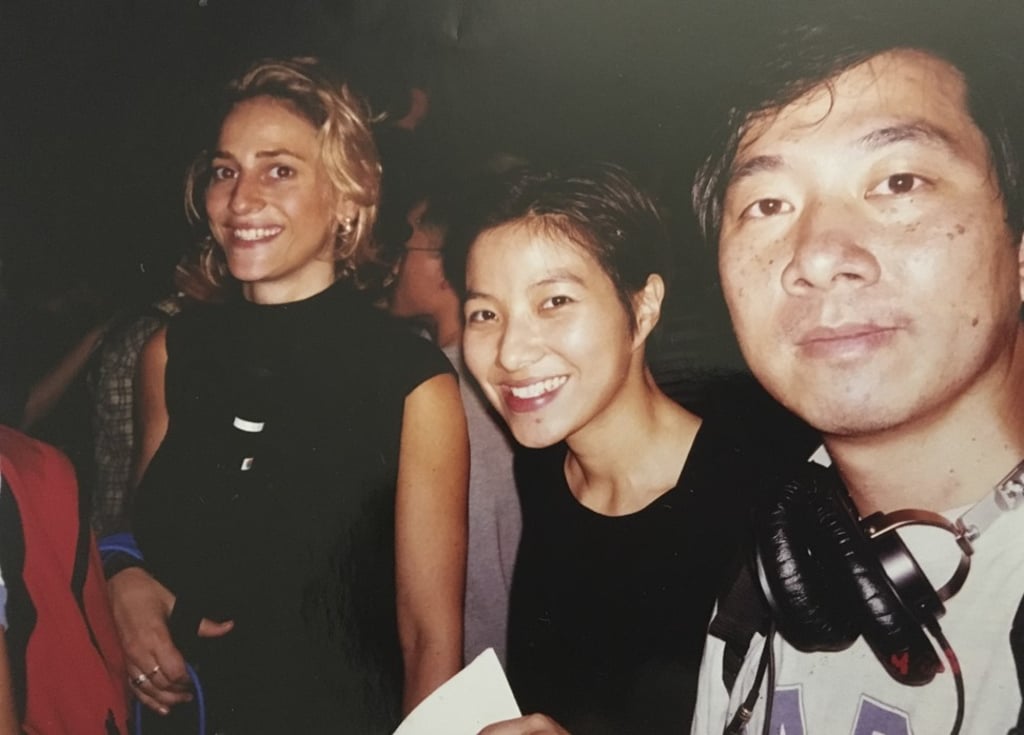BBC journalist Emily Maitlis on her history with Hong Kong and fixing the gender pay gap
- The first female lead presenter of BBC current affairs show Newsnight has come a long way from her days as ‘a terrible journalist’
- Now a household name in Britain, she has interviewed everyone from the Dalai Lama to Donald Trump

It is 11 minutes past three, the morning after our interview, and Emily Maitlis is sending me a Twitter message, having woken up with an urgent need to clarify something we spoke about yesterday afternoon.
This is not unusual. After hosting an edition of Newsnight, the BBC’s flagship television current affairs show, her sleep is frequently disturbed by early-hour crises of conscience, replaying a question she wished she had, or hadn’t, asked the night before. Perhaps it sums up the unrelentingly self-reflective mind that has taken her to the top of the BBC tree. But I have to stop myself from messaging back to ask – in awe and envy – where she gets so much bloody energy from.
Rewind 12 hours and Maitlis bounces into our interview despite having been broadcasting the previous night until 11.30pm. When she arrives home on an average working day, the 48-year-old Briton says, she either responds to viewers’ emails or tries to kick back with a novel and a vodka on ice. After as little as four hours’ sleep, she will be up running with her whippet, Moody (named after the credit rating agency). And once we have wrapped up our chat, she will be off to a radio station and a TV talk show to promote the book she has somehow found time to write in between the mayhem of covering Brexit and Trump’s White House and raising two sons, Milo, 14, and Max, 12.
Admittedly, Maitlis has an extra spring in her step because she is here to talk about her “golden time” in her “spiritual home”, Hong Kong. It was a formative experience, about which she speaks with gooey nostalgia.

Fresh out of Cambridge University, she arrived in the city in 1992 – as Hong Kong was gearing up for the return to Chinese sovereignty after a century and a half of British rule – telling her mother she would be back in Britain in six weeks. She would end up staying for six years, finding a profession to which she’d want to dedicate her life and bagging a husband-to-be, investment manager Mark Gwynne (Maitlis would propose to him on a beach on millennium eve).
“I’m almost certain I wouldn’t have been a journalist if I hadn’t hit the ground at that moment and [amid] that extraordinary febrile atmosphere of tension and excitement and heat, all coming at the same time,” she says, over a flat white in a bar in London’s Leicester Square.
